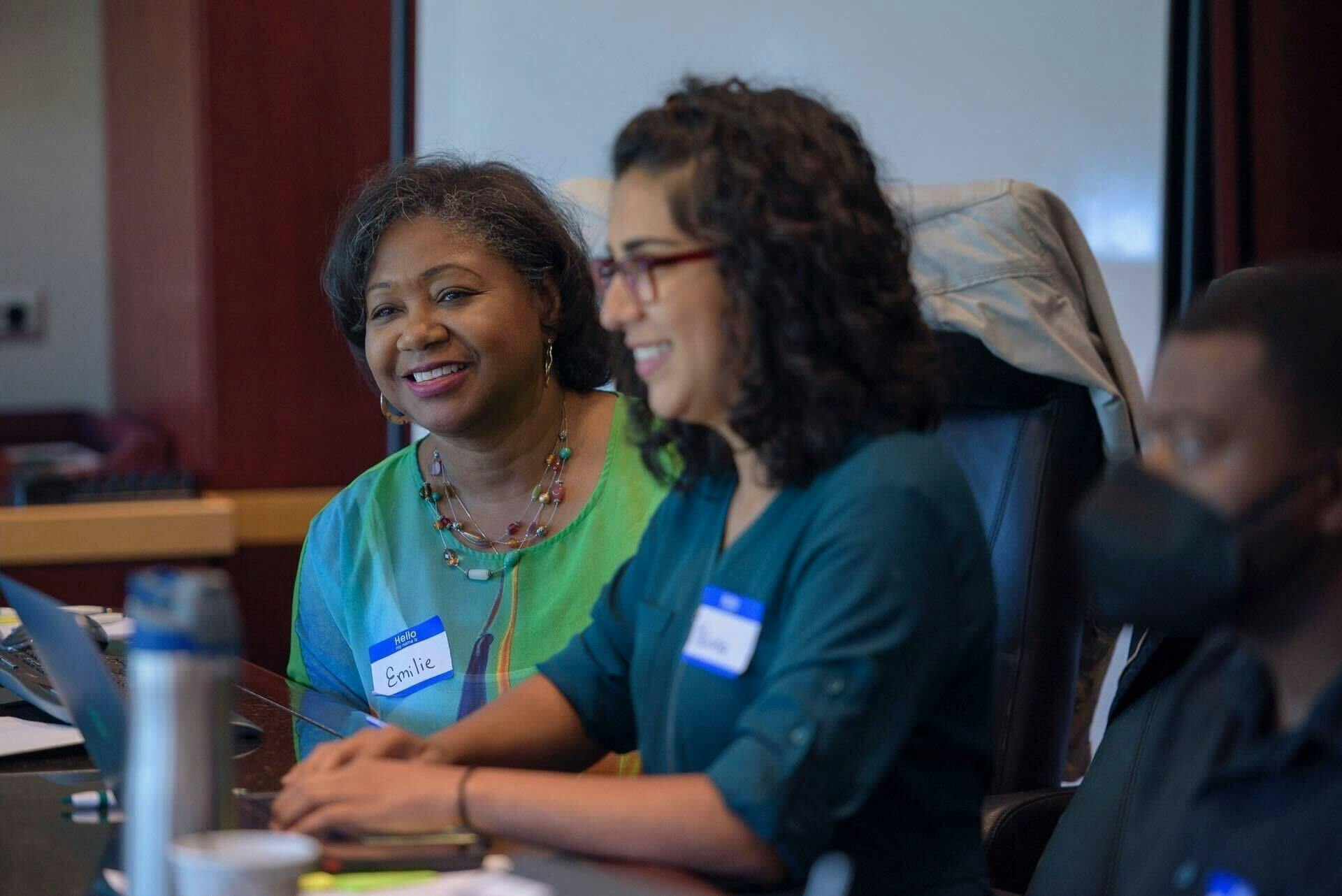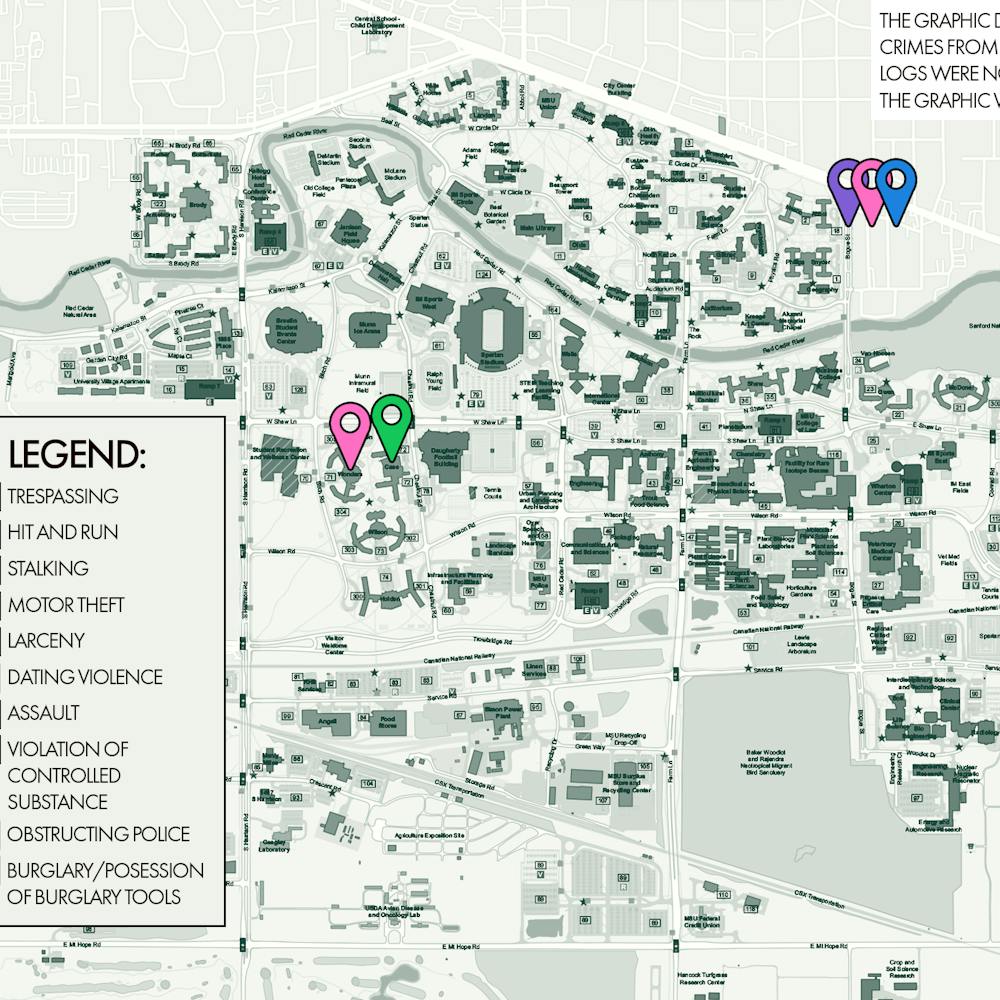Michigan State University recently launched the Youth Equity Project, or YEP, a collective effort to reduce disparities and advance the overall well-being of marginalized youth and families through community-driven research. Working in Lansing, Flint and Detroit, YEP is overseen by the Department of Human Development and Family Studies in the MSU College of Social Science.
“It is a group of interdisciplinary scholars in social work, criminal justice and human development in the College of Residential Arts and Humanities,” YEP director and human development and family studies professor Emilie Smith said. “We are a group of faculty and students who are all interested in reducing disparities and increasing opportunities for marginalized youth.”
Smith said the unique aspect of YEP is that their work is not limited to one segment of need. Faculty members come from a large array of academic backgrounds and each team member has a solid perspective to offer, she said.
As a collaborative work group, Smith said, each member has an individual project working towards their overall mission.
“If we're talking about advanced peace, for example, these youth have already been involved in violent offenses, and so they've already been identified to need assistance," Smith said. "Therefore, it's easy to provide trauma-informed assistance to those who are in need.”
YEP members also work with after-school programs, such as the West Side YMCA, Boys and Girls Club and other early childhood learning centers, to identify parents of elementary school children who can come and share their stories. Then, Smith said, they seek to develop programming that can best support the individual child in succeeding.
Smith said she believes the pathway to receiving help is an individual journey. She explained that YEP is designed to reflect this by working with communities to meet young individuals at their different progress points. It’s important to them that they move kids further along the path to success as they grow and learn, she said.
“Sometimes the people who come to you first are the (ones) ... aware they need help, (and) then if you continue to provide kind, continued support, you can draw others in,” Smith said.
YEP core faculty member and criminal justice assistant professor Julie Krupa said YEP has a broader mission as a group itself.
“Our work really focuses on promoting justice and well-being among marginalized populations,” Krupa said. “I specifically focus on violence reduction initiatives, program evaluation and juvenile justice.”
A majority of Krupa’s work deals with gun violence in Detroit. Violence can be concentrated within specific areas, and Detroit is no exception, Krupa said.
“The city has really been on an upswing," Krupa said. "We don't want that revitalization to be hindered by its historic violence issues.”
In areas of Detroit that have high rates of shootings, YEP works with a variety of local agencies to evaluate programs that try to reduce and prevent violence. Krupa added she also works with juvenile justice agencies that dissect and improve the pathways many take to becoming involved in the juvenile justice system.
Krupa explained that because juveniles are still developing in their adolescence, they may not understand the long-term consequences of their actions. The juvenile justice system’s philosophy is to help rehabilitate young individuals, a sharp contrast to the adult prison system, which is based on punishment and incarceration, she said.
“The juvenile justice system will often have different mechanisms for screening and assessing youth to try to identify underlying issues that are going on,” Krupa said. “There could be problems in the home, mental health issues, problems with school ... all different sorts of adverse experiences.”
When youth are arrested, Krupa said, they go through a draining process. They’re arrested and undergo a pre-trial detention hearing, creating a variety of different points where disparities can occur and individuals are processed on legal factors irrelevant to their case.
“(Solving) violence is not as easy as arresting someone," Krupa said. "That doesn't really fix all the issues. Having that really interdisciplinary team (in YEP) is helpful to take these comprehensive approaches to research.”
Support student media!
Please consider donating to The State News and help fund the future of journalism.
Discussion
Share and discuss “MSU's Youth Equity Project works to reduce disparities among marginalized communities” on social media.







